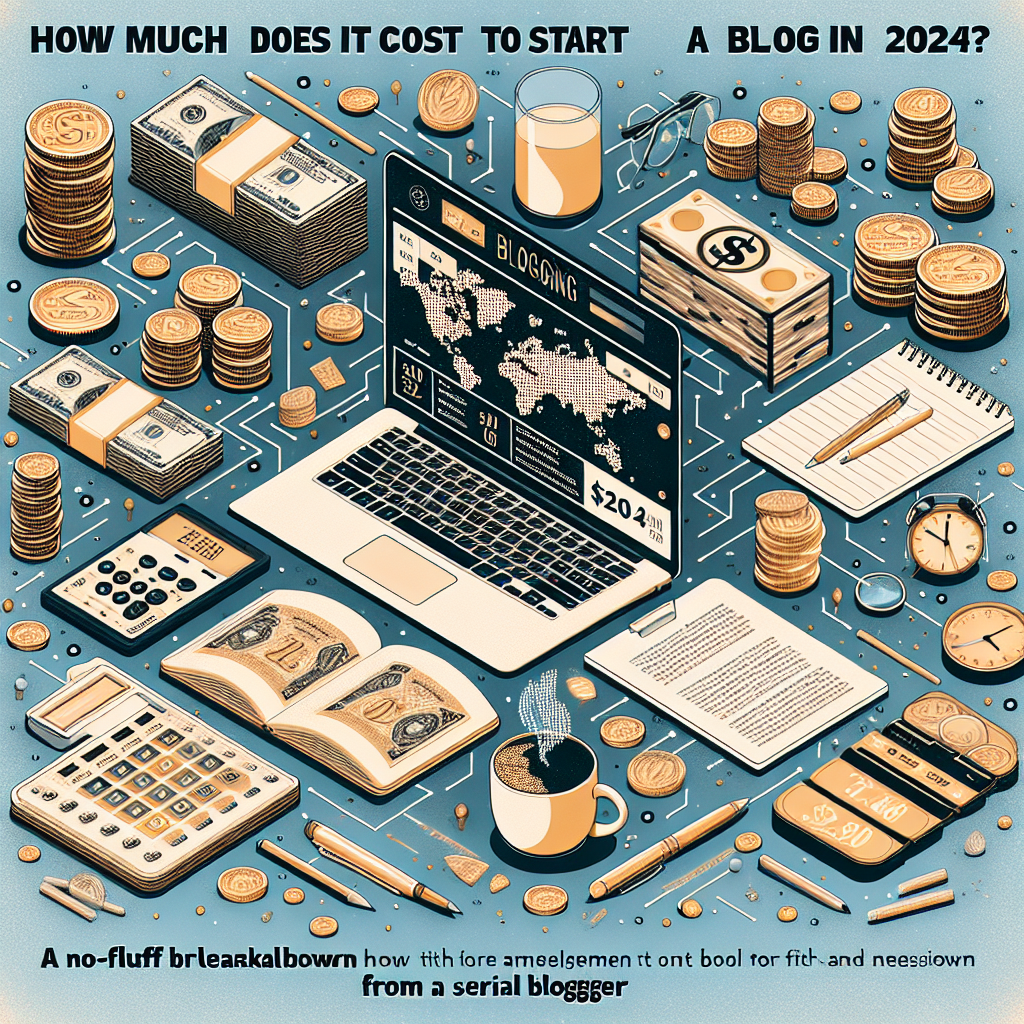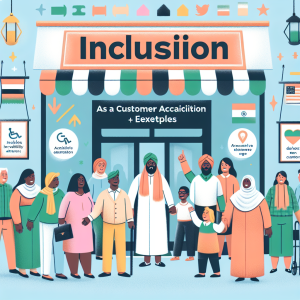Calculating the Cost of Starting a Blog: Can You Blog for Free?
You’re intrigued by the world of blogging. Perhaps you envision sharing your expertise, connecting with like-minded individuals, or even generating income. But, a crucial question arises: how much does it cost to start a blog? The good news is, it’s possible to embark on your blogging journey without spending a dime. Let’s dive into the costs associated with blogging and explore both free and paid options.
Understanding Blog Setup Costs: Free vs. Paid Blogging
The cost of starting a blog can range from $0 to thousands of dollars, depending on your chosen route. The primary factors influencing cost are your desired level of customization, control, and monetization potential.
Free Blogging Platforms: Pros and Cons
Free blogging platforms offer an accessible entry point for beginners.
**Pros of Free Blogging:**
- Zero upfront investment: Platforms like Blogger and WordPress.com (free plan) allow you to start blogging immediately without financial commitment.
- Ease of use: These platforms handle technical aspects like hosting and setup, making them incredibly user-friendly.
**Cons of Free Blogging:**
- Limited customization: Design options are often restricted, potentially impacting your blog’s branding.
- Monetization limitations: Free platforms typically impose restrictions on advertising and monetization avenues.
- Platform constraints: You’re bound by the platform’s rules, which can change, impacting your blog’s future.
Paid Blogging Platforms: Investing in Flexibility and Control
While free options have their merits, paid blogging, primarily through self-hosted platforms like WordPress.org, grants greater flexibility and control over your blog’s destiny.
**Pros of Paid Blogging:**
- Complete customization: Craft a unique brand identity with unlimited design options and functionalities.
- Monetization freedom: Explore various income streams without platform-imposed limitations.
- Full ownership and control: Your blog, your rules – enjoy complete autonomy and data ownership.
**Cons of Paid Blogging:**
- Recurring expenses: Factor in costs for web hosting, domain name registration, and potentially premium themes and plugins.
- Technical learning curve: Self-hosted platforms may require some technical know-how, although resources are abundant.
Breaking Down Essential Blogging Costs
Let’s delve deeper into the specific cost elements you might encounter when starting a blog:
- Domain Name: Securing your blog’s online address typically costs around $10-20 per year.
- Web Hosting: This essential service, providing a server for your blog, can range from $3-20 per month or more, depending on your chosen plan and provider.
- Blog Design (Theme): While free themes are available, investing in a premium theme ($30-200) can elevate your blog’s aesthetics and functionality.
- Blogging Tools and Plugins: Enhance your blog’s performance with tools for SEO, social media, and more, ranging from free to monthly subscriptions.
- Content Creation: Unless you’re creating all content yourself, consider the cost of outsourcing writing, graphic design, or video production.
Content Creation Costs: Investing in Quality
Engaging, high-quality content is the lifeblood of a successful blog. While creating content yourself is cost-effective, outsourcing offers benefits:
- Freelance Writers: Hiring professional writers ensures well-crafted, SEO-optimized content.
- Graphic Designers: Visually appealing graphics enhance engagement.
- Video Editors: Incorporating videos can boost your content’s impact.
Additional Costs to Consider
- Email Marketing Services: Costs vary depending on your subscriber count and chosen provider, typically starting around $10 per month.
- Social Media Marketing Tools: Streamline your social media efforts with scheduling and analytics tools, ranging from free to paid options.
Finding the Right Blogging Platform for You
The ideal platform hinges on your budget, technical expertise, and long-term goals.
- WordPress.org: Best for customization, monetization, and scalability.
- Blogger: Budget-friendly, user-friendly option, ideal for personal blogs.
- Medium: Focus on writing and connecting with a built-in audience.
Starting a blog doesn’t have to break the bank. By understanding the various cost factors and exploring both free and paid options, you can embark on your blogging journey equipped with the knowledge to make informed decisions. Whether you’re a beginner or seasoned blogger, the key is to choose a path that aligns with your budget, goals, and aspirations.








